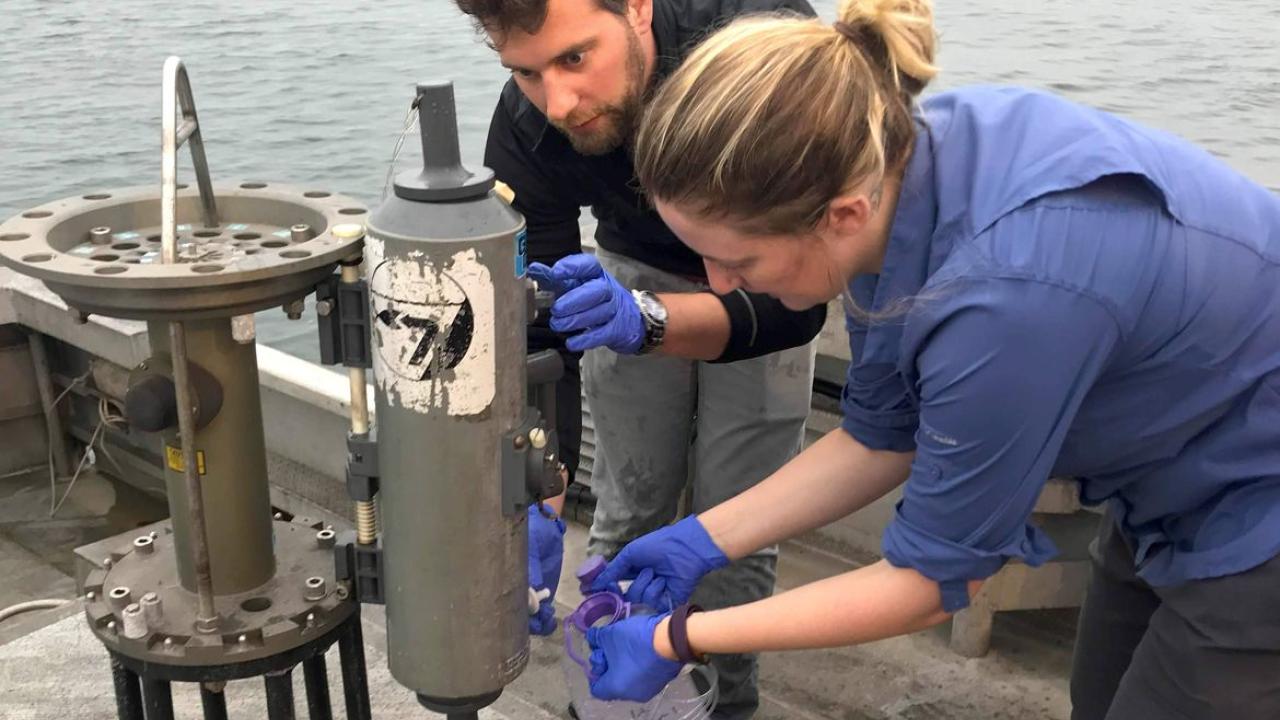Researchers from UCLA, UC Santa Cruz and the Natural History Museum of Los Angeles have created a way for non-scientists to use a complex DNA test to help track marine animal populations. Working with staff at the ports of Los Angeles and Long Beach, they were able to identify which species live in a body of water just by analyzing one-liter water samples. The pilot program demonstrated that environmental DNA, or eDNA, can supplement traditional survey methods that are less efficient and more invasive.
“eDNA is a really powerful tool for providing insights into the plants and animals inhabiting an ecosystem,” said Paul Barber, a UCLA professor of ecology and evolutionary biology, member of the UCLA Institute of the Environment and Sustainability and a co-author of the research.
“Our guide will make eDNA surveys accessible for resource managers who aren’t molecular biologists and haven’t done a Ph.D. in marine biology,” said lead author Zachary Gold, who did the work while he was a UCLA doctoral student in ecology.
Gold said the speed, low cost and ease of eDNA testing could even help researchers track the effects of climate change in near-real time. “This can be incredibly useful for monitoring climate change, because instead of only sampling a handful of sites once per year, we could be sampling dozens of sites monthly,” allowing us to track how species are changing in response to ocean warming.
Read more about how this novel method works at UCLA Newsroom.
Image Source: Janie Chen





